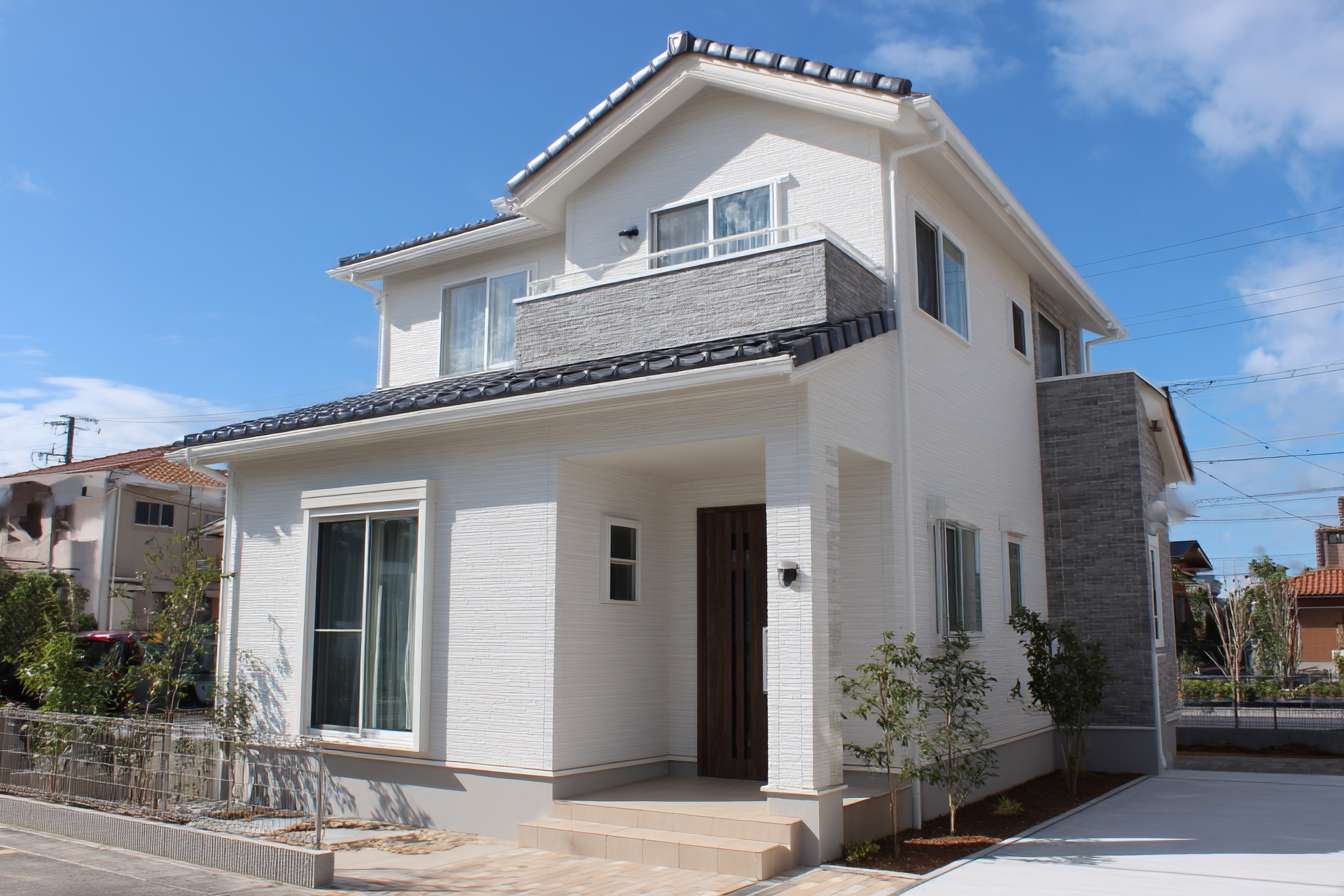Understanding Your Home's Value: A Comprehensive Guide
Determining the value of your home is a crucial step for many property owners, whether you're planning to sell, refinance, or simply want to understand your investment. This article explores the various methods and tools available to assess your home's worth accurately.

What is Home Value and Why is it Important?
Home value refers to the current market worth of a residential property. It’s influenced by various factors, including location, property size, condition, and local market trends. Understanding your home’s value is essential for several reasons:
-
Selling your home: An accurate valuation helps set a competitive listing price.
-
Refinancing: Lenders use home value to determine loan terms and interest rates.
-
Property taxes: Many jurisdictions base property tax assessments on home value.
-
Insurance: Home value impacts insurance coverage and premiums.
-
Financial planning: Your home’s worth is a significant part of your overall net worth.
How Can I Find My House Value by Address?
One of the most convenient ways to get an initial estimate of your property’s value is by using online tools that provide home value by address. These tools typically use public records, recent sales data, and automated valuation models to generate an estimate. Here’s how to use them:
-
Visit a reputable real estate website or home valuation tool.
-
Enter your property’s full address.
-
Review the estimated value and supporting data.
While these tools offer a quick and easy starting point, it’s important to remember that they may not account for recent renovations, unique features, or hyperlocal market conditions.
What Factors Affect My House Value?
Several key factors influence your property’s value:
-
Location: Neighborhood desirability, proximity to amenities, and school district quality.
-
Property size and layout: Square footage, number of bedrooms and bathrooms.
-
Age and condition: Overall maintenance and any recent upgrades or renovations.
-
Market conditions: Local supply and demand, interest rates, and economic factors.
-
Comparable sales: Recent sales prices of similar properties in your area.
-
Unique features: Swimming pools, high-end appliances, or scenic views can impact value.
Understanding these factors can help you identify areas where you might be able to increase your home’s value through strategic improvements or maintenance.
How Accurate Are Online Property Values by Address?
Online property value estimates can provide a useful starting point, but their accuracy can vary. These automated valuation models (AVMs) typically have a margin of error ranging from 5% to 20%. Factors affecting accuracy include:
-
Data quality and recency
-
Unique property features not captured in public records
-
Recent renovations or changes to the property
-
Hyperlocal market conditions
While online estimates are convenient, they should be considered a rough guide rather than a definitive valuation. For more accurate results, consider combining online estimates with other valuation methods.
What Are the Best Methods for House Valuation?
To get a more accurate assessment of your home’s value, consider these methods:
-
Comparative Market Analysis (CMA): A real estate agent can provide a detailed analysis comparing your home to similar properties recently sold in your area.
-
Professional Appraisal: A licensed appraiser conducts an in-depth evaluation of your property, considering its condition, features, and local market trends.
-
Home Valuation Calculator: More advanced than simple online estimates, these tools allow you to input detailed information about your property for a more accurate result.
-
FHFA House Price Index Calculator: This tool uses a database of millions of mortgage transactions to estimate value changes based on your home’s last recorded sale price.
-
Multiple Online Estimates: Compare results from several reputable sources to get a range of values.
| Valuation Method | Accuracy | Cost | Time Required |
|---|---|---|---|
| Online Estimate | Low to Moderate | Free | Instant |
| CMA by Real Estate Agent | Moderate to High | Often Free | 1-3 Days |
| Professional Appraisal | High | $300-$600 | 3-7 Days |
| Home Valuation Calculator | Moderate | Free to Low Cost | 15-30 Minutes |
| FHFA HPI Calculator | Moderate | Free | Instant |
Prices, rates, or cost estimates mentioned in this article are based on the latest available information but may change over time. Independent research is advised before making financial decisions.
How Can I Improve My Home Valuation?
If you’re looking to increase your home’s value, consider these strategies:
-
Upgrade key areas: Focus on kitchens and bathrooms, which typically offer the best return on investment.
-
Enhance curb appeal: Improve landscaping and exterior appearance.
-
Increase energy efficiency: Install energy-efficient appliances and improve insulation.
-
Maintain and repair: Address any maintenance issues promptly.
-
Create more usable space: Finish basements or attics to add living area.
-
Document improvements: Keep records of all upgrades and renovations to support a higher valuation.
Remember, while these improvements can increase your home’s value, it’s essential to consider the cost versus the potential increase in value before undertaking major renovations.
Understanding your home’s value is a critical aspect of homeownership. By utilizing a combination of online tools, professional assessments, and strategic improvements, you can gain a comprehensive understanding of your property’s worth and make informed decisions about your most valuable asset.




